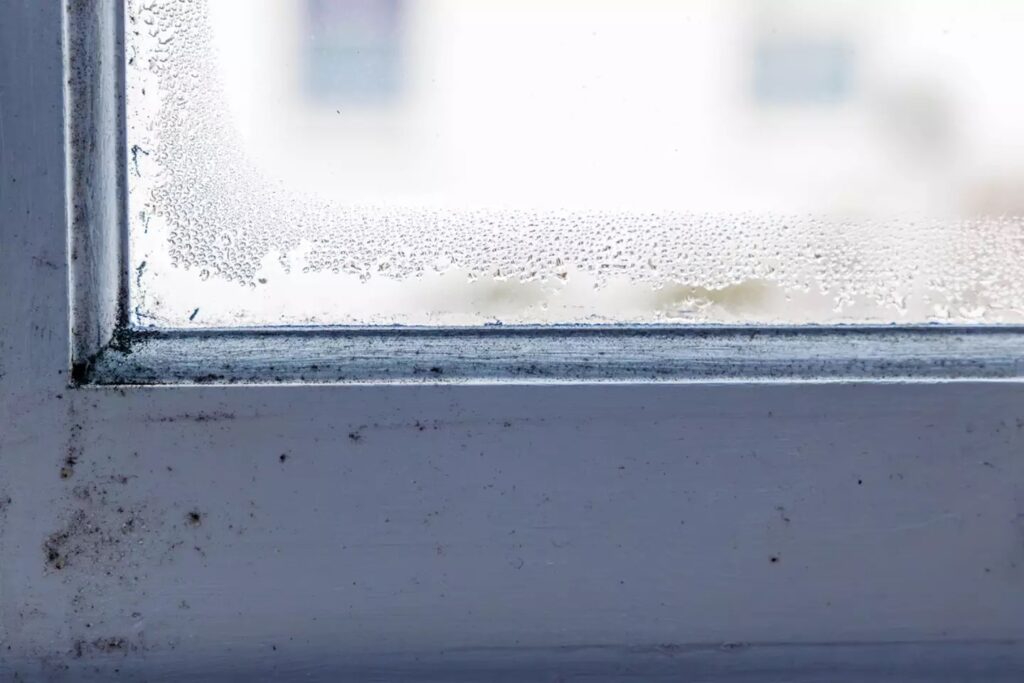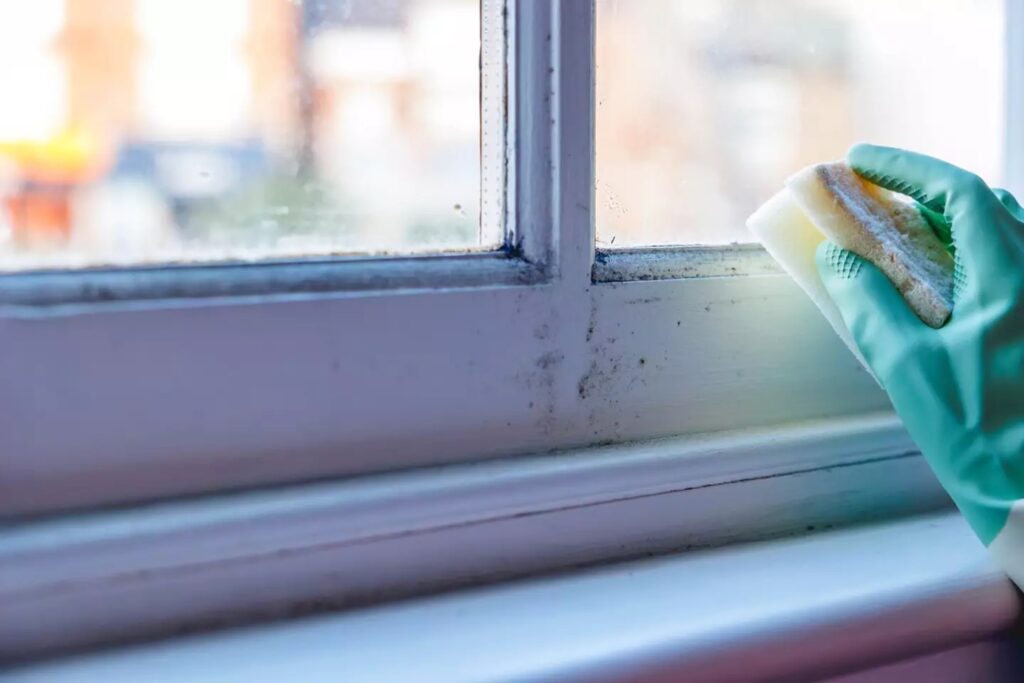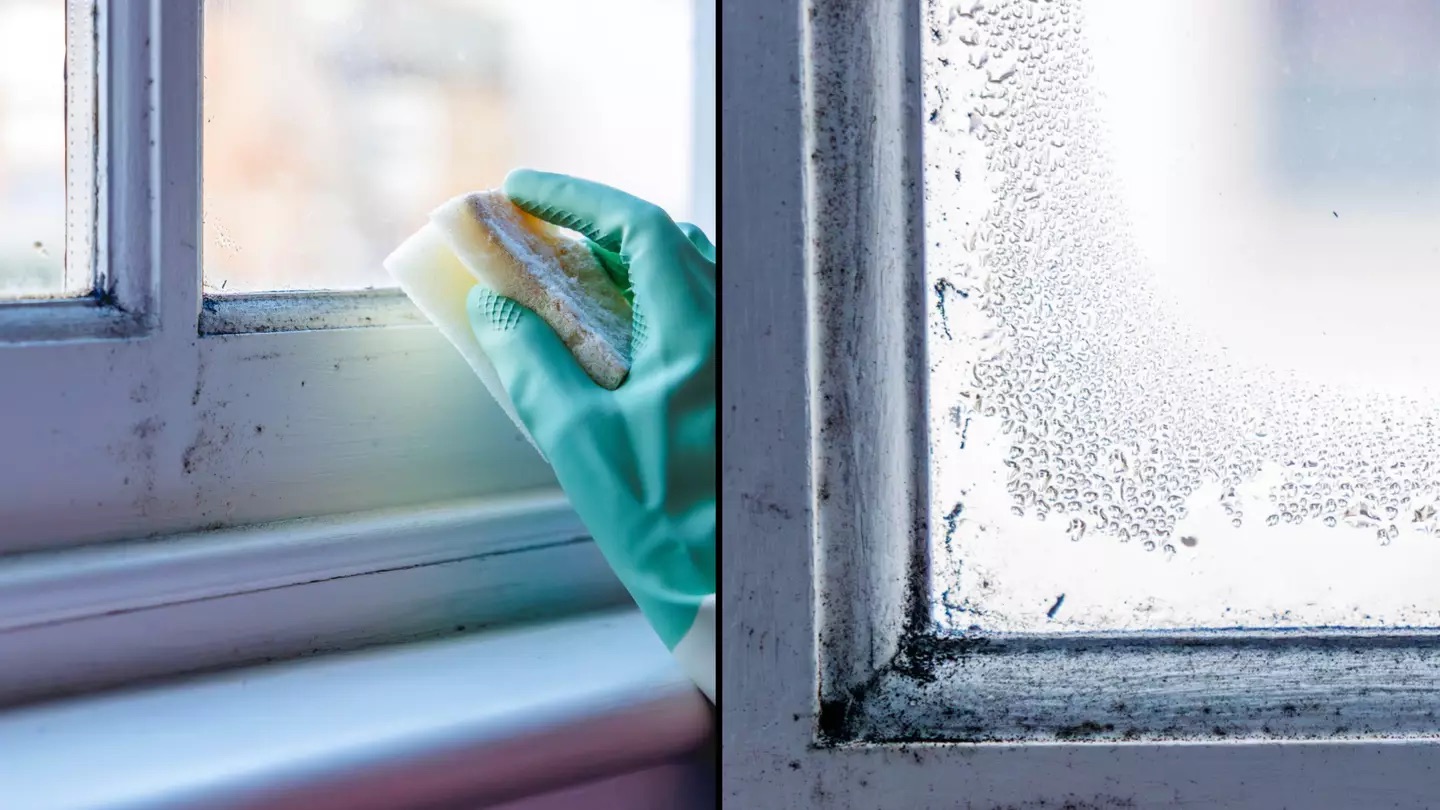The NHS has issued guidance as mold, often called the “silent k!ller,” begins to reappear in homes across the country. As colder, wetter weather sets in, it’s time to prepare for the season with hoodies and umbrellas. While Christmas brings some joy, shorter days and reduced sunlight can make this period challenging, with a significant health concern on the rise.
The cold, damp conditions create ideal environments for mold to grow in areas like bathrooms or under sinks. Although radiators and heaters are used more frequently, they may not prevent mold from spreading. Health risks from mold include respiratory problems, allergies, and asthma, and in extreme cases, prolonged exposure to mold can be fatal due to the release of harmful spores.
Mold is typically identified by black, white, or green patches and a musty smell. People with weakened immune systems, such as the elderly and infants, are particularly vulnerable.

Condensation is the leading cause of mold in UK homes, often occurring in moisture-heavy areas such as bathrooms, kitchens, and windows. If not addressed, condensation can leave surfaces damp and encourage mold growth.
The NHS suggests that daily activities like cooking and drying clothes indoors can worsen the problem. To prevent mold, they recommend taking shorter showers and using an extractor fan during and after showering to reduce condensation.
Opening windows when cooking or drying clothes indoors can also help, along with using your kitchen extractor fan at a high setting when cooking. Regularly wiping surfaces to remove moisture and checking for leaky pipes or gutters can prevent mold from developing.

A new law, introduced after the tragic death of two-year-old Awaab Ishak from mold exposure, now provides renters with more protection. Landlords are required to investigate mold complaints within 14 days and start repairs within seven days, with emergency repairs needing to be done within 24 hours. Failure to comply may result in legal action against landlords.
